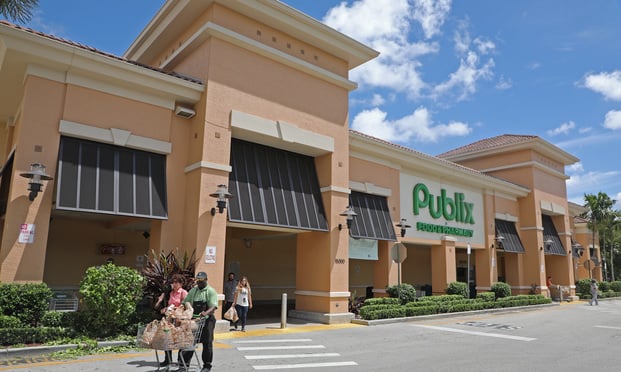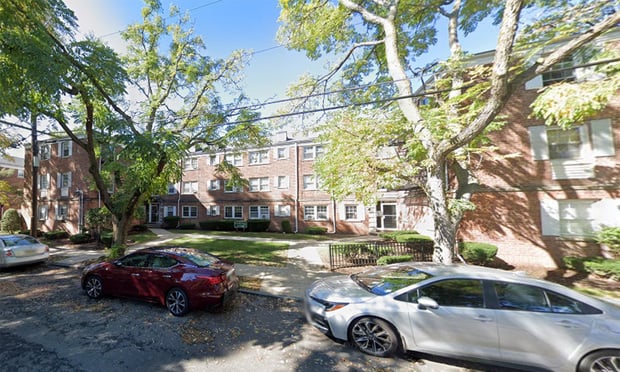The potential 10% default rate was based on a stress test using the federal baseline assumption for the economy. Should the US unemployment rate and GDP deteriorate sharply--i.e. a jobless rate of 10% and a 3% decline in GDP--the default rate for GE's commercial real estate loans could reach 8% or as much as 10%, representing a loss of $900 million to $1 billion for '09. In a PowerPoint presentation accompanying the investor conference, GE Capital calculated that the effect of more adverse assumptions for the GDP and unemployment would translate into a 15% decline in rents for US office markets and a 16% drop in NOI over two years.
One factor in the lower default rate, company executives said Thursday, was a lack of construction and development loans in GE's portfolio. C&D loans represent 32% of commercial banks' real estate portfolios, compared to 1.5% in GE's. The Norwalk, CT-based company also avoids "other higher risk asset classes and structures," including second mortgages, mezzanine lending, malls and resorts, according to Thursday's presentation.
In a release, GE vice chairman and CFO Keith Sherin says, "Even in this difficult environment of credit pressure and declining asset values, we expect GE Capital Finance to be profitable in the first quarter and full year '09. Our funding position is strong, having already completed 93% of [the] 2009 funding goal."
Adds Mike Neal, chairman and CEO of GE Capital, "We have a strong set of financial services businesses built with discipline, sound risk management and a conservative, originate-to-hold model. We expect these businesses to perform through this difficult cycle. We have sufficient capital and alternatives to weather the tough environment."
Even if the baseline of 10% unemployment and a 3% GDP decline comes to pass, "which would potentially cause our losses and impairments to increase significantly, GE Capital Finance would still essentially break even and not require additional capital," Neal continues. "GE Capital Finance's key capital ratios compare favorably to banks, including the important ratio of tangible common equity to tangible assets." He says GE Capital will have a TCE/TA ratio of about 6%, thanks to a $9.5-billion capital infusion from the parent company.
Want to continue reading?
Become a Free ALM Digital Reader.
Once you are an ALM Digital Member, you’ll receive:
- Breaking commercial real estate news and analysis, on-site and via our newsletters and custom alerts
- Educational webcasts, white papers, and ebooks from industry thought leaders
- Critical coverage of the property casualty insurance and financial advisory markets on our other ALM sites, PropertyCasualty360 and ThinkAdvisor
Already have an account? Sign In Now
*May exclude premium content© 2024 ALM Global, LLC, All Rights Reserved. Request academic re-use from www.copyright.com. All other uses, submit a request to [email protected]. For more information visit Asset & Logo Licensing.








